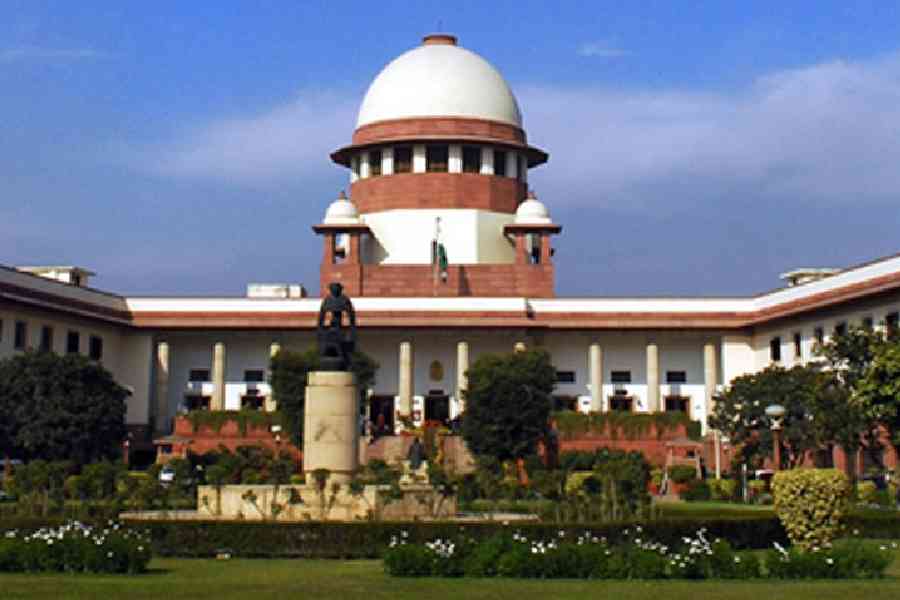The Supreme Court has ruled that law graduates who pass out of unrecognised law colleges have no right to be enrolled as lawyers and the Bar Council of India (BCI) is within its power to deny them permission for enrolment, which is condition for practice by an advocate.
A bench of Justice Vikram Nath and Justice Sanjay Kumar passed the judgment while allowing an appeal by the BCI challenging an Orissa High Court judgment of September 21, 2012, which had taken a contrary view and directed the regulator to enrol a candidate Rabi Sahu as an advocate despite him passing out of an unrecognised law college in the state.
The high court order was stayed by the apex court on January 28, 2013.
After hearing the arguments of the BCI, the bench passed the recent order bysetting aside the high court order.
Sahu had secured his law degree from Vivekananda Law College, Angul, in 2009. The college is not recognised/approved by the BCI.
According to the BCI, it had through a letter dated January 5, 2002, directed Vivekananda Law Collegenot to admit students in law courses, stating that students so admitted would not be eligible for enrolment as advocates.
The BCI repeated this message again in its letter dated February 28, 2011, addressed to the Orissa State BarCouncil. As a corollary, the Orissa State Bar Council rejected Sahu’s applicationfor enrolment as an advocate vide a letter dated May 4,2011. Aggrieved, he approached the high court, which directed his enrolment. The BCI then moved the apex court.











